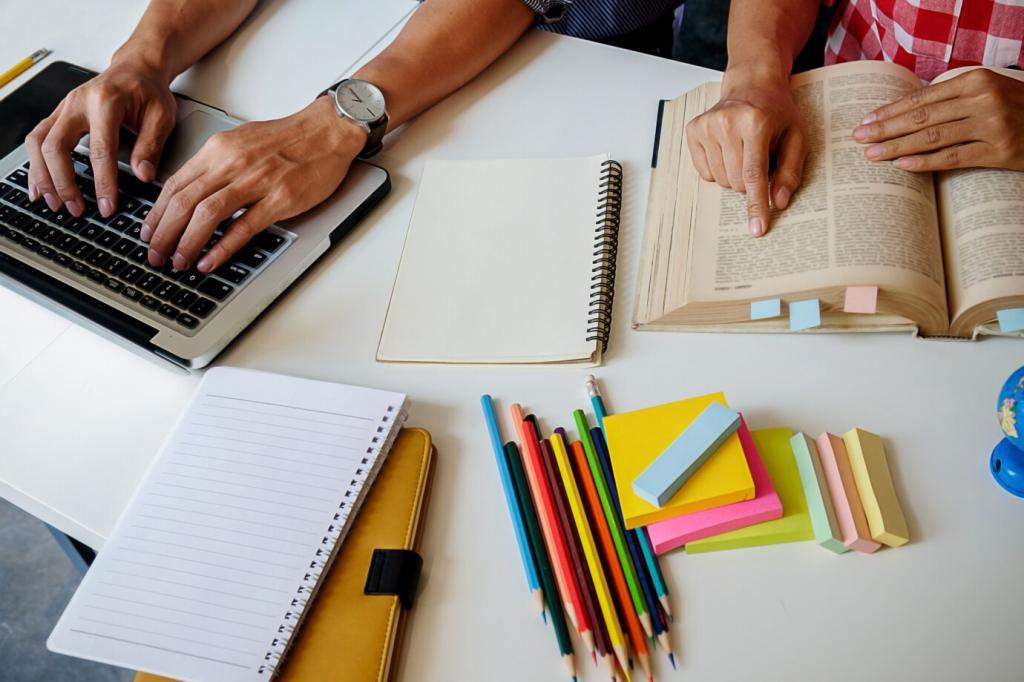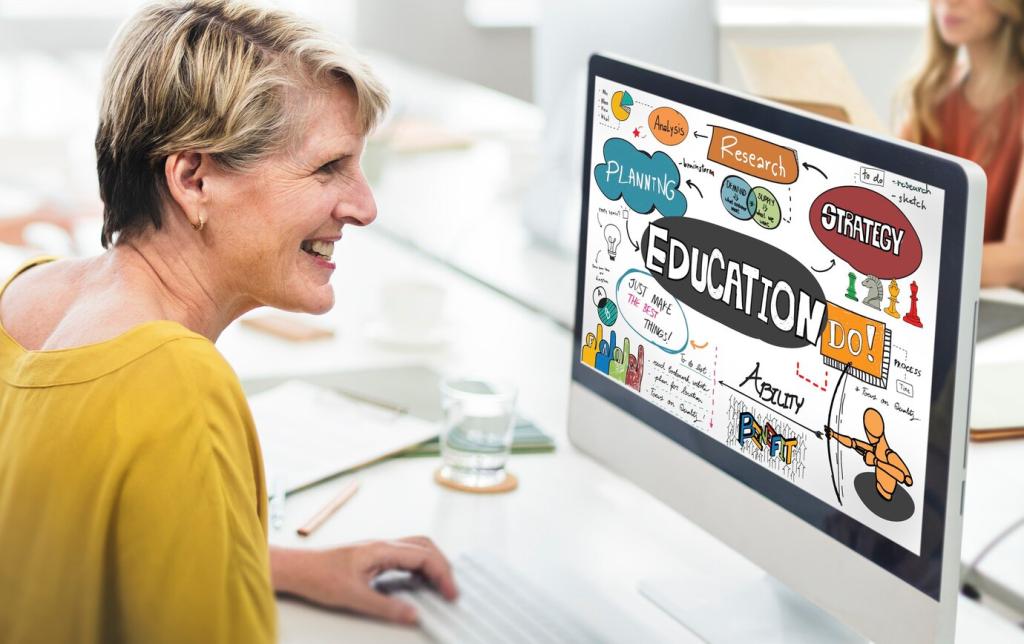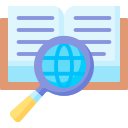The Impact of Encyclopedias on Contemporary Education
Today’s chosen theme: The Impact of Encyclopedias on Contemporary Education. Explore how curated knowledge—from classic volumes to dynamic digital platforms—reshapes lessons, nurtures critical thinking, and empowers students and teachers to learn, question, and create together.

From Print Tomes to Living Platforms
Many of us remember library carts stacked with World Book or Britannica, then Encarta CDs, and now Wikipedia’s living pages. Each step widened access while changing how teachers teach background knowledge efficiently.
From Print Tomes to Living Platforms
Dynamic encyclopedias update quickly, embed media, and link primary sources. That immediacy lets teachers address current events, misconceptions, and diverse perspectives, while students practice navigating complexity rather than memorizing static facts.
Understanding Editorial Models
Compare expert-edited reference works with community-edited platforms that publish revision histories and talk pages. Discuss oversight, bias correction, and accountability so students see encyclopedias as starting points rather than unquestionable authorities.
Teaching Source Triangulation
Invite learners to verify an encyclopedic claim by checking cited references and at least two independent scholarly or reputable sources. The process cultivates skepticism, evidence gathering, and respectful debate about the strength of particular statements.
Mini-Challenges for the Classroom
Try a five-minute credibility warm-up: students inspect an article’s references, identify one dead link, then propose a replacement source. Encourage comments with constructive language, and share your best prompts with our community.
Integrating Encyclopedias Across the Curriculum
Use infobox data to practice units, comparisons, and uncertainty. Students trace a claim back to primary research, critique methodology, and visualize results, turning encyclopedic summaries into evidence-based, numeracy-rich classroom conversations.
Invite learners to compare how different encyclopedias describe the same historical event. Whose voices are featured, which sources dominate, and what perspectives are missing? Students annotate passages and propose balanced revisions grounded in evidence.
Design a class encyclopedia on local history or school ecology. Teams draft entries, cite sources, and peer review contributions using rubrics. Publish digitally, invite community feedback, and celebrate iterative improvement over superficial polish.
Access, Equity, and the Digital Divide
Preload curated articles for offline use, mirror key pages on a local server, or use compressed datasets when connections are unreliable. These simple measures keep research flowing and reduce frustration during time-sensitive lessons and homework.
Note-Taking and Synthesis
Model paraphrasing by turning a paragraph into bullet notes, then building original prose that combines multiple sources. Emphasize voice, attribution, and purpose, discouraging copy‑paste habits that undermine learning and assessment validity.
Citing Correctly
Practice citation formats like APA or MLA for both encyclopedic entries and original sources referenced within them. Consistent citation builds academic honesty, helps readers retrace claims, and strengthens students’ credibility as emerging researchers.
Stories From Real Classrooms
The Two Atlases
In one sixth‑grade class, students compared a 1999 print article with today’s online entry on the same country. Updates on population, climate data, and naming disputes ignited a respectful, memorable discussion about change.
A Rural Homework Lifeline
A teacher preloaded articles to tablets for a bus route with weak connectivity. Students finished research on the ride, then synced references at school, proving thoughtful logistics can transform access into achievement and confidence.
Students as Contributors
After studying sourcing, a class drafted neutral, well-cited paragraphs in a sandbox environment. Whether or not edits went public, learners experienced stewardship of knowledge, editorial humility, and the responsibility that accompanies every factual claim.
Where Encyclopedias Go Next
Used responsibly, AI can guide students toward relevant encyclopedic sections and underlying sources, while teachers emphasize verification. Discuss hallucinations openly, and require citations so every generated insight links back to traceable evidence.

